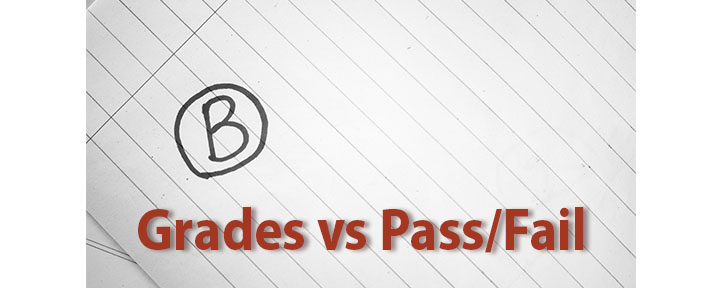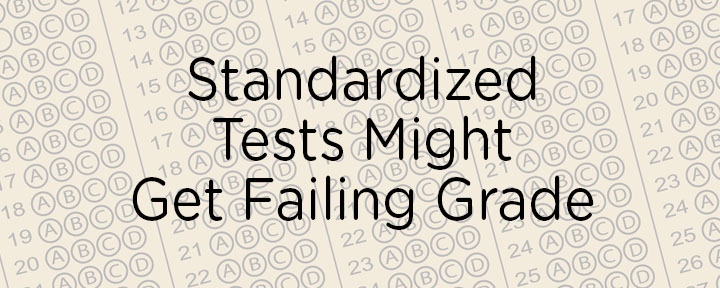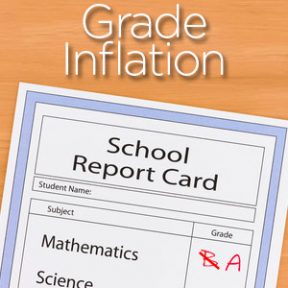
Many parents mistakenly believe their children are functioning at or above grade level for several reasons:
Grades Reflect More Than Just Academic Performance:
Class grades are not solely based on academic abilities. They often include factors like attendance, class participation, homework completion, behavior, quizzes, and tests. This means that a student can earn good grades even if they haven’t mastered the actual material.
Grade Improvement Opportunities:
Many teachers provide opportunities for students to improve their grades through late homework submissions, extra credit assignments, retaking quizzes or tests, and doing test corrections. This practice can inflate a student’s final grade, making it seem like they are performing better academically than they actually are.
Parents Trust the School System:
Parents often trust the education system and may assume that if their child is earning good grades, they are on track to succeed in college and the workforce. However, the grading system can be influenced by various factors, leading to inflated perceptions of a student’s performance.
Lack of Understanding of Educational Standards:
Some parents may not fully understand the educational standards and expectations at each grade level. They might not be aware of the gap between their child’s reported grades and actual proficiency in subjects like math and reading.
Grade Inflation:
Grade inflation is a phenomenon where grades are higher than they were in the past, and this can contribute to the misconception that students are performing at or above grade level when they may not be.
Standardized Test Concerns:
Standardized tests are not always seen as reliable measures of student potential. Some parents and educators may be skeptical of their validity and may rely more on class grades.
To address this issue, it is important for parents to have open and regular communication with their child’s teachers. Discussing a child’s academic progress and areas where improvement is needed can provide a more accurate picture of their performance. Additionally, parents can take an active role in their child’s education by providing supplementary resources and activities that help them develop critical thinking, problem-solving, and analytical skills beyond what is covered in the classroom. This approach can help ensure that a child is truly prepared for success in college and their future careers.





